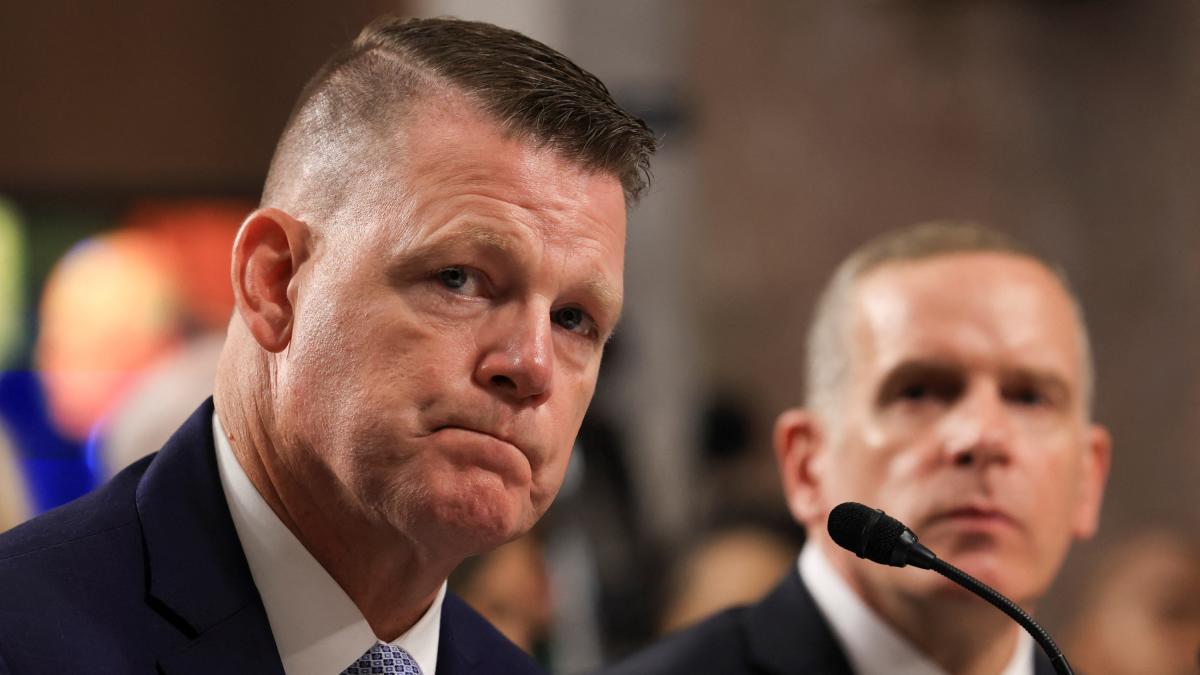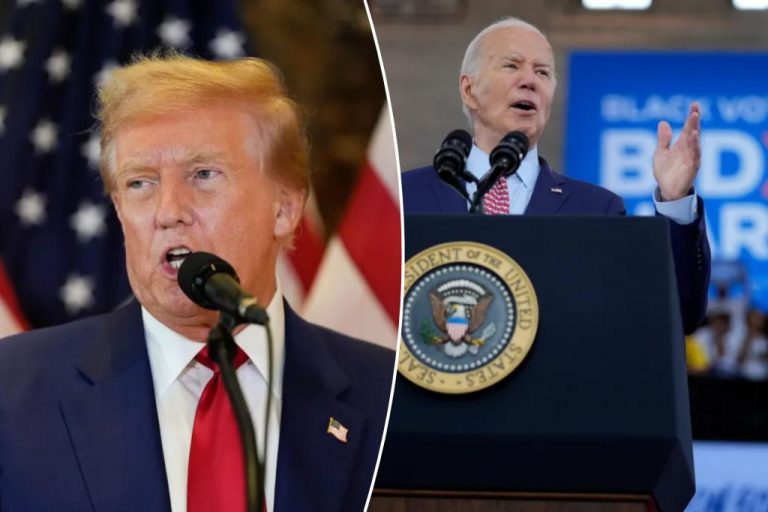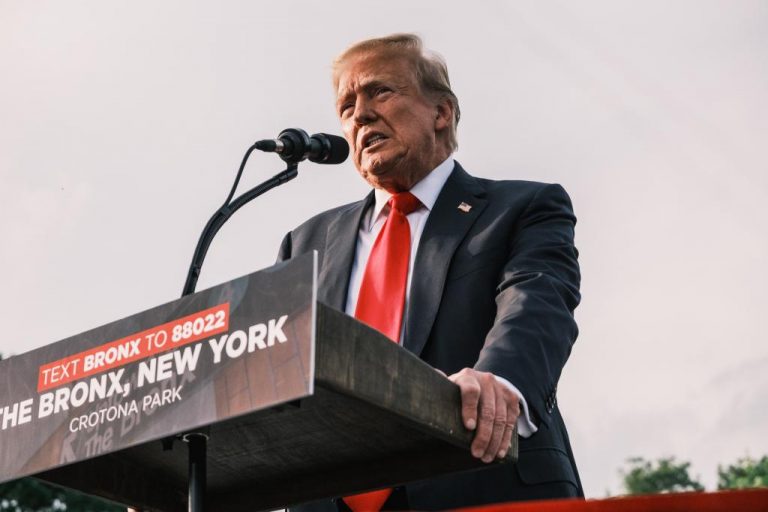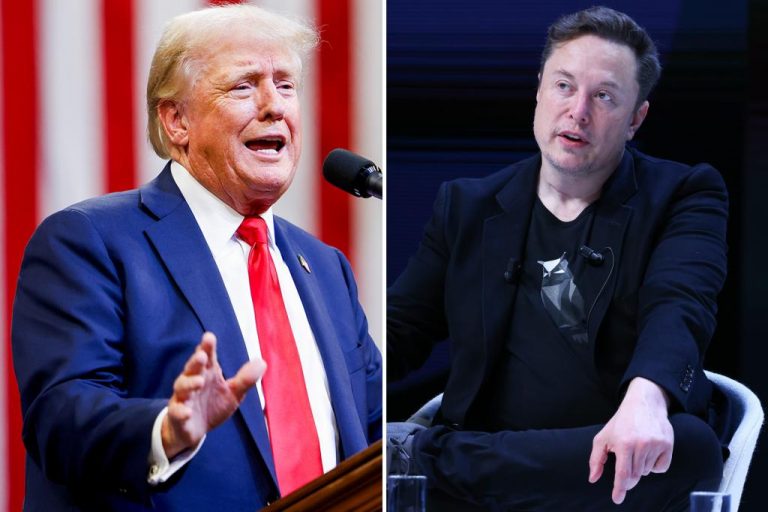Summary of Senate hearing on Trump assassination attempt
The recent assassination attempt on former President Donald Trump at a rally in Butler, Pa., has brought to light significant security failures within the Secret Service. Acting Director Ronald Rowe admitted before Congress that the agency failed to protect Trump when he was wounded during the attack. Rowe’s testimony underscored critical lapses in security protocols that allowed the assailant, Thomas Matthew Crooks, to access the roof from where he fired shots at the former president.
Rowe expressed deep regret and shame over the oversight, acknowledging that the roof where the gunman positioned himself should have been better secured. He recounted visiting the rally site to assess the security breach firsthand, emphasizing the need for improved protection measures to prevent such incidents in the future.
During the hearing, FBI Deputy Director Paul Abbate provided valuable insights into the shooter’s background, noting that Crooks’ social media posts reflected antisemitic and anti-immigration sentiments. Federal investigators are still probing the motive behind the attack, seeking to understand the factors that led to this tragic event.
Key revelations emerged during the congressional session, shedding light on the sequence of events that unfolded on the day of the shooting. Abbate disclosed that a local police officer had sighted Crooks on the roof with a firearm just seconds before he began firing at Trump. Surveillance footage from a nearby establishment captured the assailant’s movements leading up to the attack.
Rowe highlighted communication breakdowns between local law enforcement and federal agents during the critical moments of the incident. Radio communications reportedly failed to relay crucial information about the shooter’s whereabouts, contributing to the tragic outcome. Additionally, technical issues with Wi-Fi connectivity hampered the Secret Service’s counterdrone operations, further exacerbating the security vulnerabilities exposed by the incident.
Republican senators, including Lindsey Graham and Josh Hawley, expressed outrage over the security lapses that endangered Trump’s life. They demanded accountability within the Secret Service, calling for decisive actions to address the systemic failures that allowed the assassination attempt to occur. Graham emphasized the need for repercussions to ensure that such oversights are not repeated in future security operations.
In a tense exchange with Rowe, Hawley pressed for swift resolutions to the ongoing investigations, advocating for accountability measures to be taken promptly. The gravity of the situation underscored the urgent need for reforms within the Secret Service to prevent similar security breaches in high-profile events.
The congressional hearing served as a pivotal moment for assessing and addressing the security vulnerabilities that jeopardized the safety of public figures like former President Donald Trump. As investigations continue and reforms are implemented, the focus remains on fortifying security protocols to avert potential threats and uphold the integrity of protective services.








